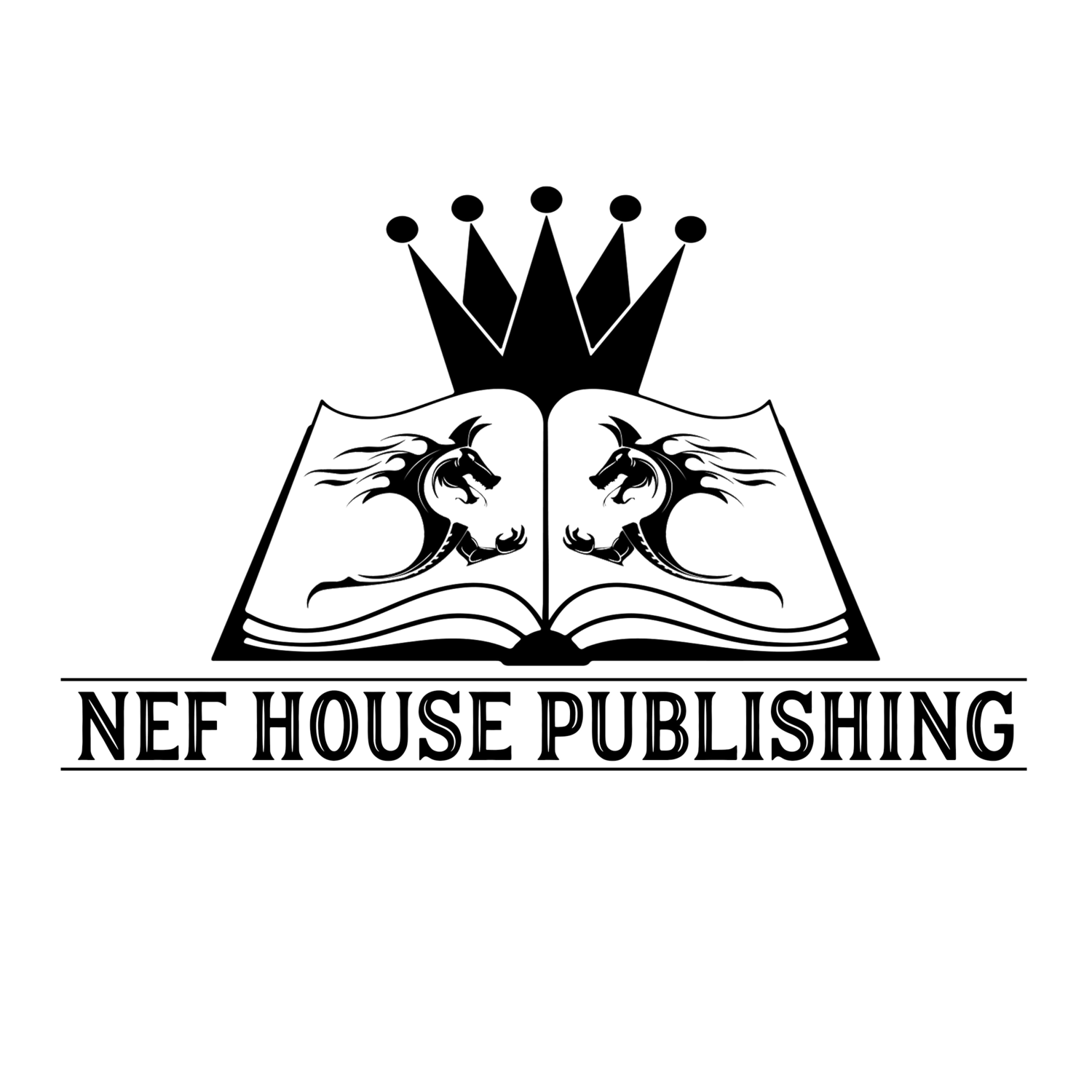Let’s talk about dashes and hyphens
Dashes are one of those trickier parts of grammar that I see done poorly all the time. And it drives me insane. Let’s put it to rest here:
Firstly, learn the difference between an en dash (-) and an em dash (—). The em dash is longer (takes up the space of an ‘m’) and frequently used in places where you could also use parenthetical commas. The en dash is shorter and used for hyphens.
How and when do you use an em dash?
When you have something like this—and you want to set it apart—you can use an em dash.
Example 1: She picked up the slimy, grotesque alien egg sack—it writhed and glowed in her hands—and threw it against the wall with all her might.
Note: em dashes (in the USA) do not get spaces on either side.
Example 2: “What are you sayi—” A loud gunshot cut her off, slicing open her spleen with a sickly splash.
You can also use em dashes to note a character getting cut off in speech.
Note: Do not put any punctuation between the em dash and the quotes in example 2.
Note: Use en dashes for stuttering or stammering speech, not an em dash.
What about the en dash?
Typically, you’re going to run into en dashes with hyphens. Let’s take a look.
Example 1: Billy charmed my pants off with his razor-sharp wit.
That is called a “compound modifier.” You hyphenate compound modifiers when they come before a noun.
Example 2: Billy’s wit was razor sharp.
This compound modifier comes after the noun it is modifying, so it doesn’t get a hyphen.
Example 3: I am proud of my soon-to-be six-year-old.
All of those hyphens are correct.
Example 4: His still-beating heart was soon to be sacrificed.
The compound modifier of ‘still beating’ comes before the noun, so it gets hyphens. The compound modifier of ‘soon to be’ comes after the noun, so it does not get hyphenated.
Example 5: “Let’s take the dog for a W-A-L-K!”
You use hyphens in dialogue to indicate that a character is saying each letter individually.
Example 6: We should re-elect the school board chancellor.
You also use hyphens to avoid smashing double vowels together.
Example 7: That alligator sure is very un-American.
While you can attach a prefix to stuff to make things like unsavvy, unappealing, and prehistory, if you are using the prefix to modify a proper noun, you need a hyphen.
The final bit of advice is easy: if you don’t know, look it up. Just type your word or phrase into Google and see if it takes a hyphen or not. There are hundreds of free grammar guides online. If you aren’t positive, just check!
Ready for more editing and grammar tips? Click here!
